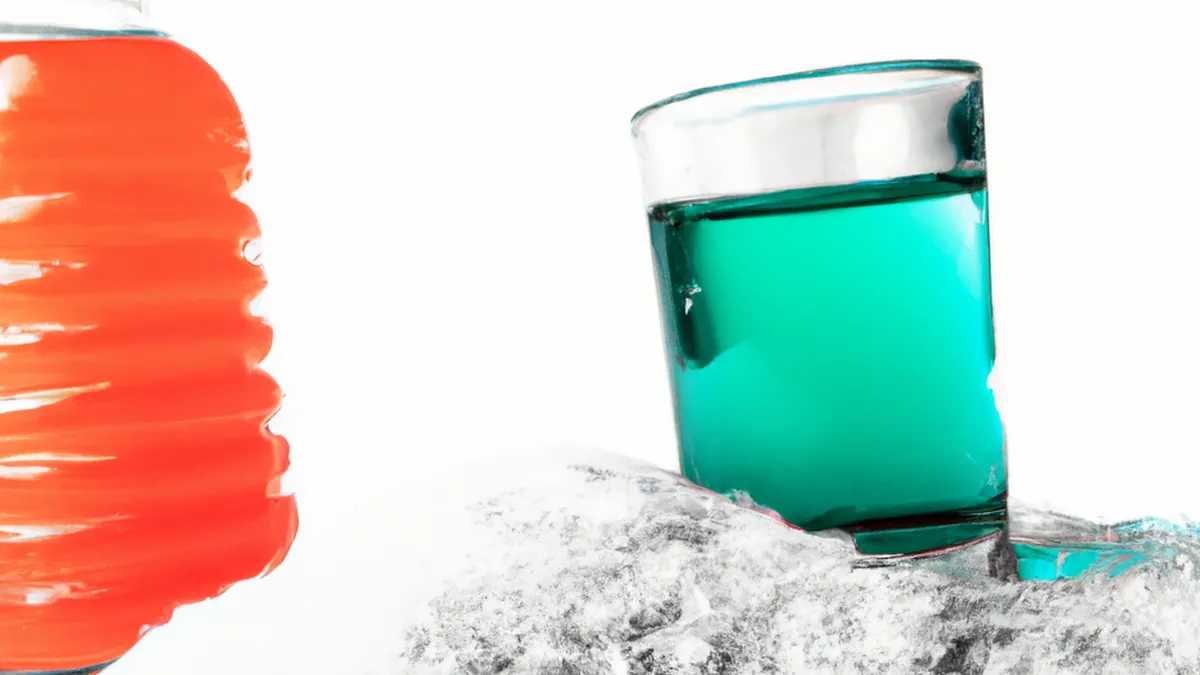Quench Your Thirst: Cold Training Essentials
The Importance of Hydration During Extremely Cold Weather Training
Training in extremely cold weather presents unique challenges. Hydration is a major but often overlooked concern. Many believe hydration only matters in hot weather. In reality, cold conditions also deplete body fluids. Understanding hydration can improve performance and safeguard health.
Why Hydration Matters in Cold Weather
In cold weather, our bodies lose moisture through breathing and sweating. Breathing cold air requires our bodies to warm it up, causing moisture loss. Sweating also occurs, especially during intense training. These factors lead to dehydration, negatively affecting performance.
Hydration maintains energy levels and muscle function. Dehydration hinders temperature regulation, increasing fatigue and reducing endurance. In cold environments, dehydration can be particularly dangerous. You may not feel the effects until it’s too late.
Dehydration also impairs cognitive function. Low fluid levels diminish your ability to think clearly. This decline can lead to poor decision-making, increasing accident risks. Staying hydrated is crucial for both physical performance and mental sharpness.
Tips for Staying Hydrated
Drink Water Regularly
Drink water regularly to stay hydrated. Don’t wait until you feel thirsty; you may already be dehydrated. Aim to drink water before, during, and after training. Carry a water bottle to remind yourself to hydrate. Set phone reminders to ensure adequate fluid intake.
Monitor Your Urine Color
Monitor your urine color to gauge hydration levels. Light yellow urine indicates proper hydration; darker urine suggests a need for more fluids. Use this method for quick checks during training. If your urine appears darker, take a break and drink water.
Consider Electrolyte Drinks
In prolonged or intense training, consider electrolyte drinks. These beverages replace lost salts and minerals essential for bodily functions. Electrolyte drinks benefit you in extreme cold, where sweating often goes unnoticed. Choose low-sugar options to avoid unnecessary calories.
Additional Advice for Cold Weather Training
Dress
Dress appropriately for cold weather training. Proper clothing helps regulate body temperature and retains heat. Layer your clothing to adjust easily to changing conditions.
Conclusion
Stay hydrated during cold weather training to enhance performance and ensure safety. Drink regularly, monitor hydration, and consider electrolytes.
Below are related products based on this post:
FAQ
Why is hydration important during cold weather training?
Hydration is crucial during cold weather training because our bodies lose moisture through breathing and sweating, even in low temperatures. Dehydration can hinder energy levels, muscle function, and cognitive abilities, negatively impacting performance and increasing fatigue and accident risks.
What are some tips for staying hydrated while training in the cold?
To stay hydrated during cold weather training, drink water regularly without waiting for thirst cues, monitor your urine color to assess hydration levels, and consider using electrolyte drinks during prolonged or intense sessions. Carrying a water bottle and setting reminders can also help maintain adequate fluid intake.
How can I tell if I am dehydrated during cold weather training?
You can gauge dehydration by monitoring your urine color; light yellow indicates proper hydration while darker urine suggests a need for more fluids. If you notice darker urine, it’s essential to take a break and hydrate to prevent the adverse effects of dehydration.















Post Comment